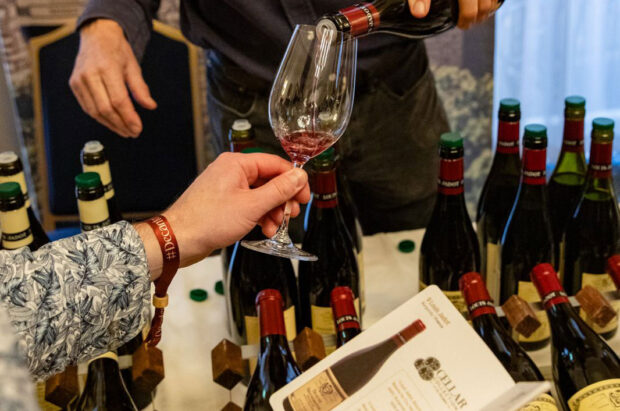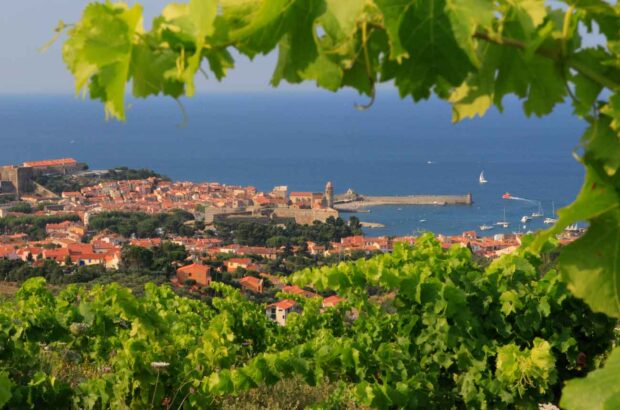Ask Decanter: Choosing a wine for cooking
- Got a question for Decanter’s experts? Email us: editor@decanter.com
Sarah Jones, from Newton Abbot, asks: Can I use a corked wine for cooking?
Fiona Beckett, for Decanter, replies: I’m afraid not. The cork taint will come through in the finished dish. The cardinal rule is if you wouldn’t drink it, you shouldn’t cook with it. That doesn’t mean you can’t use up the tail end of bottles, but not if they’ve dried out or turned to vinegar.
That said, you don’t have to use something expensive when cooking with wine, especially if you’re making something like a stew or pie filling which cooks for a long time. Use a less expensive version of the wine you’re planning to drink with the finished dish – an inexpensive Côtes du Rhône, for example, in a dish with which you’d drink a Gigondas. And here’s a clever trick: put a dash of the more expensive wine in your dish at the end of its cooking to lift and enrich the flavour.
The only time I’d use a really good wine for cooking is in a dish that was heated for a short time and called for a dash of wine – in which case it wouldn’t be worth opening a separate bottle. Sautéed chicken with mushrooms and a white wine and cream sauce, for example, is fantastic with a good white Burgundy.
Fiona Beckett is a Decanter contributing editor who publishes www.matchingfoodandwine.com
-
See Decanter’s Latest recipes
-
The 10 rules of food and wine pairing
-
Read more notes and queries every month in Decanter magazine. Subscribe to the latest issue here







